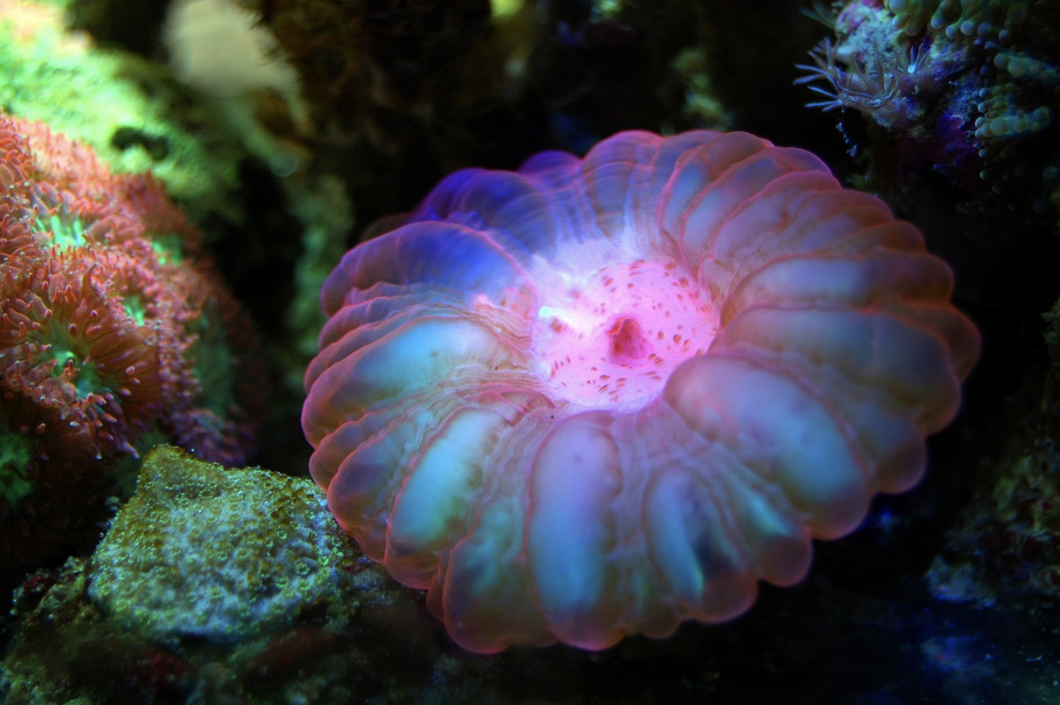Depending on who you ask, there are not one but two vast places of discovery — space and the deep ocean.
Humans have long been captured by the endlessness that is outer space, but getting there can sometimes be hard and take years. Why go looking for other planets when we have a place right here on Earth that we have only mapped about five percent of?
We are in awe with the beauty and diversity of marine life, including exotic creatures that look weirder than anything we could ever come up with and see in science fiction. We have recognized the impact that environmental degradation of the oceans has on tourism and fishing industries. We even recognize that there could be money made in offshore oil deposits (if you know where to look).
So, why does ocean exploration hold less appeal than the exploration of space?
Personally, I have always had a fascination with the ocean and marine life. Which, to me, makes sense because I grew up about 45 minutes from Galveston Island in Texas and can remember wanting my diver's license since I was about 13 or 14-years-old (or at least old enough to know what it was). I honestly think that being so close to the ocean is one of the reasons that I have such a big interest in the environment.
An international group of marine experts at the General Bathymetric Chart of the Oceans (GEBCO), an oceanographic organization founded in 1903, says it wants nothing more than to see future marine exploration on par with the space race.
The ocean plays a role in everything, from the air we breathe to daily weather and even climate patterns. So, with all the environmental impact talks, why wouldn't we want to know more?
In a recent episode of "60 Minutes," Billionaire Ray Dalio took journalist Bill Whitaker in his personal three-man submarine for some ocean sight-seeing. In the interview, Dalio says:
"I find ocean exploration a lot more exciting, a lot more important than space exploration," Dalio told Whitaker. "And then you think about [how] it affects our lives so much."
I agree completely. Yes, space exploration is important, but ocean exploration could be much more beneficial in the long run.
Only a tiny percentage of the ocean floor has actually been carefully mapped, which means we know less about 71 percent of the Earth's landscape than about the far side of the Moon. Imagine what could happen if we knew the same amount about the deep oceans as we do about the moon.
Of course, mapping isn't the only reason we should want to explore the depths of oceans.
Most of what we already know about the ocean comes from searching shallower waters. But, what if we could go just a bit deeper and find sources for medical drugs, food, energy resources, and other products.
Not only that but, it contains the largest mountain ranges on earth, canyons far grander than the Grand Canyon and towering vertical cliffs rising three miles — more than twice the height of Yosemite's celebrated El Capitan.
Who knows what else is lying beneath that could be discovered?


















